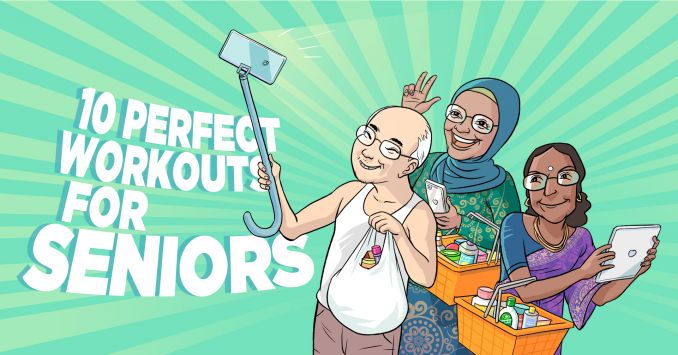By 2030, one in four Singaporeans will be aged 65 and above. This means that almost everyone can expect to have a senior to care for, be it our parents or parents-in-law. Whether you currently live with elderly family members, planning to welcome ageing parents into your home, or are a senior yourself living alone, taking steps to make your home more elderly-friendly should be a priority! Keeping the home environment safe and comfortable for the elderly to go about their day-to-day lives can mean more independence, greater self-esteem and improved quality of life. While learning more about ways to make your home more elderly-friendly, it’s also important to be mindful that seniors are a very diverse group not least in terms of capabilities and preferences. Adapt these ideas for your own journey to ageing, or for the seniors you are caring for!
Sight
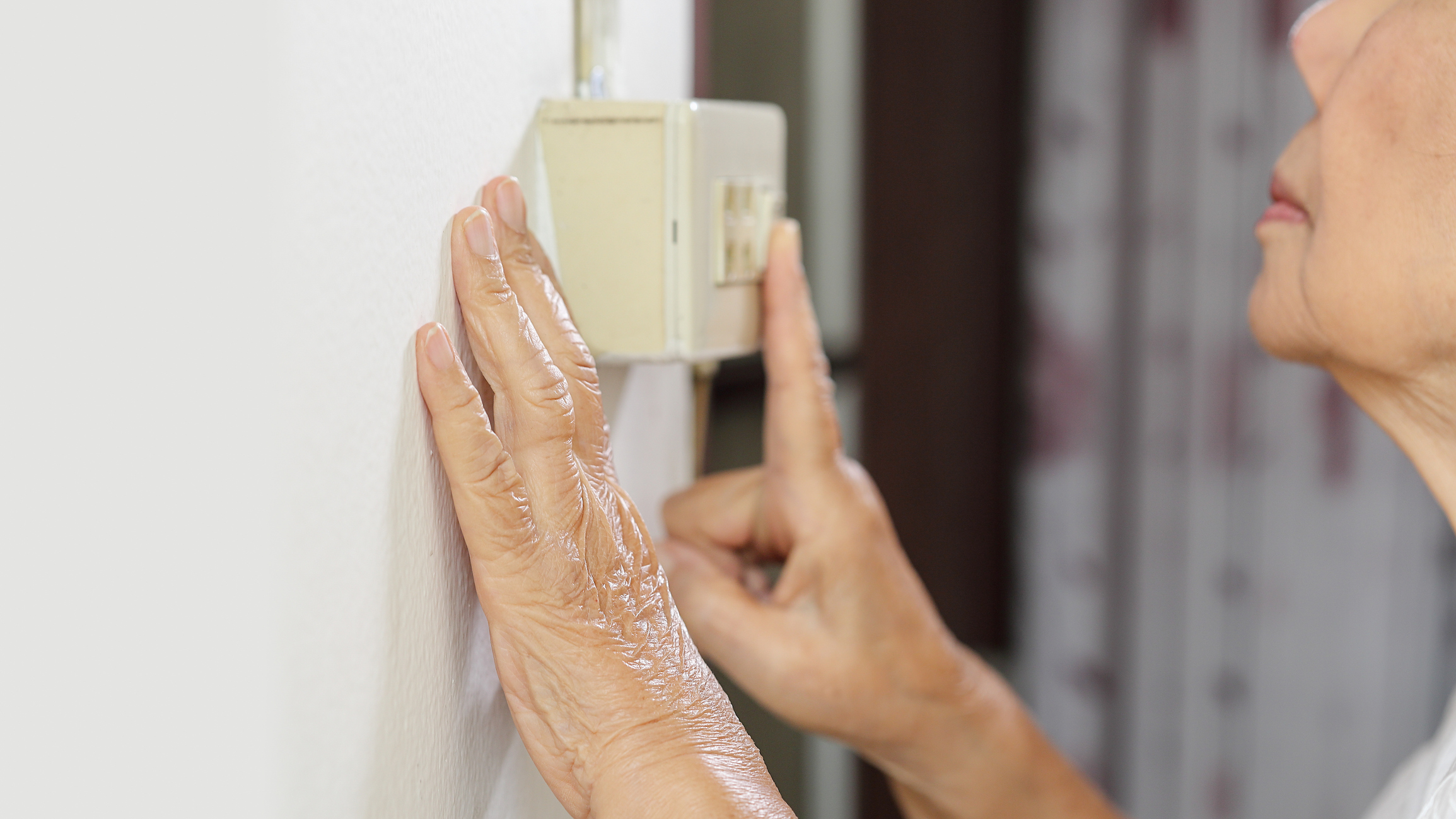
Do you know that the elderly typically need two to three times more illumination than a younger person? Our eyes experience age-related changes in performance, particularly in our 60s and beyond. Age-related eye diseases such as glaucoma and diabetic retinopathy have great potential to affect our quality of life as we grow older. One way to deal with sight deterioration is to provide adequate lighting throughout your home. An often-overlooked solution to fumbling around in the dark is to simply install bedside lamps. For wheelchair users, it is important to position all home switches at a lower height for easy access.
As we get older, our eyes also become more sensitive to light. Avoid direct glare by screening light sources such as windows with simple curtains or blinds. Ease the strain of harsh light on ageing eyes by positioning mirrors away from any light source such as lamps or windows.
Mobility
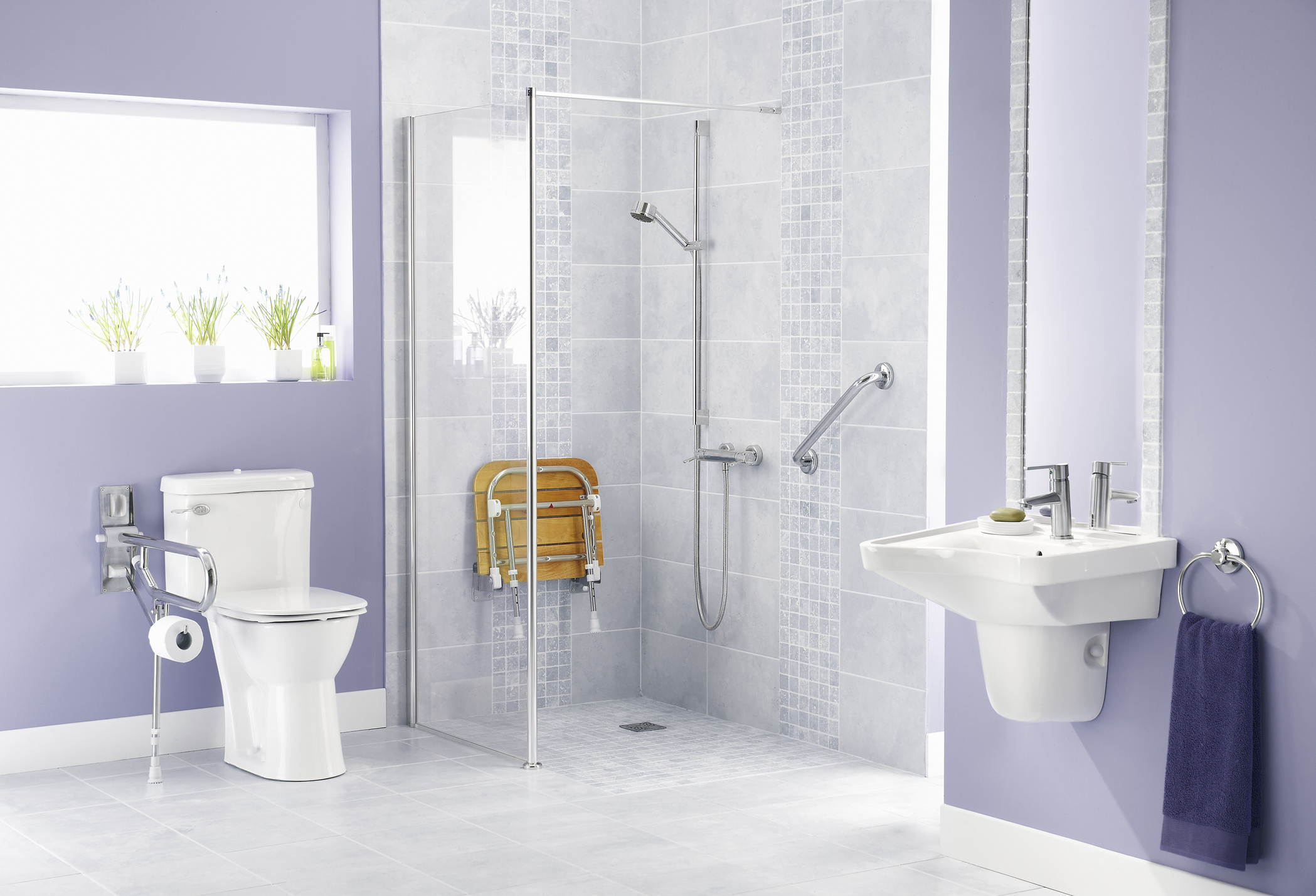
We face more mobility challenges as we age. Debilitating joint diseases such as arthritis and osteoporosis limit mobility and can mean a loss of independence. However, with mobility devices and aids, the elderly can still live their lives to the fullest! On top of that, structuring our physical environment in a thoughtful way that is safe for the elderly has an important part to play in minimising the risk of accidents.
The bathroom, being particularly hazardous, is a good place to start thinking about addressing mobility issues faced by seniors. Installing grab bars and a shower seat would make the everyday task of using the bathroom much safer. Wet glossy bathroom tiles pose a threat to anyone, let alone a senior. If possible, opt for non-slip tiles in the kitchen and bathroom where possible. If renovation isn’t in the plans, non-slip mats can also do the trick!
Keeping your home organised and clutter-free is also important for seniors who rely on walkers or wheelchairs to get around. Use storage bins to keep cables and small items that the elderly can easily trip over.
In spite of our best efforts, accidents can still happen. Sliding doors or doors that swing outwards make it easier for the rescuer to gain access if a senior falls behind the door. In addition, emergency aids such as call bells in an eye-catching colour ensure that aid reaches a senior in need as soon as possible.
Absent-mindedness
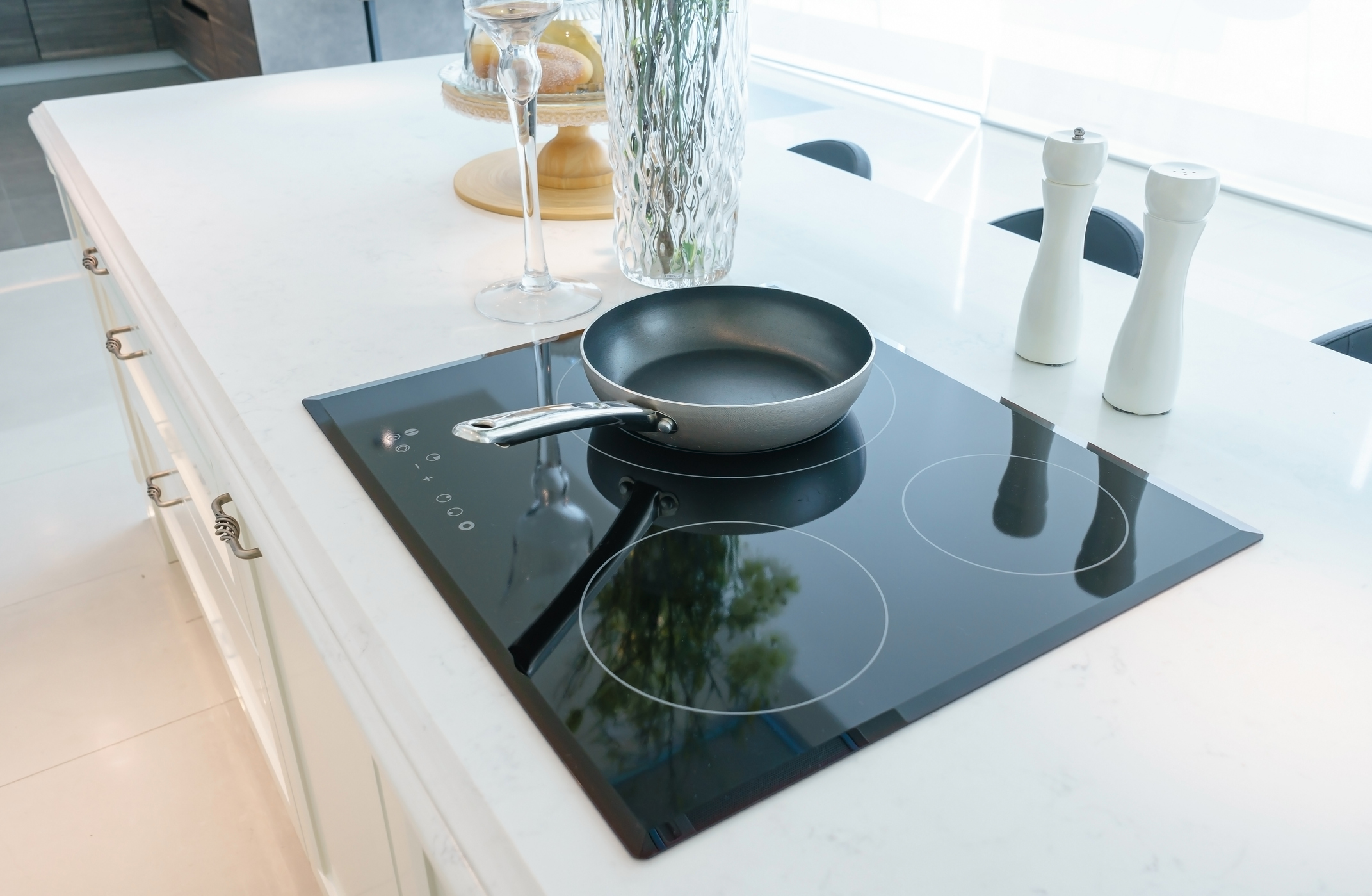
Noticing that an ageing parent is becoming increasingly absent-minded and forgetful can be a frightening thing. Getting lost in familiar places, regularly burning food on the stove, or having difficulty recalling recent conversations are more serious symptoms of cognitive impairment. One way to minimise the risk of accidents is to buy appliances that turn off on its own such as electric kettles. If possible, use induction cookers instead of gas to minimise the risk of fire.
Another way to make your home more elderly-friendly is to choose appliances with safety features where possible. Many ovens for example, have safety features to prevent accidental burns and fires. They include auto-lock, time-controlled shut-off and cool-touch glass on the oven door.
Hearing
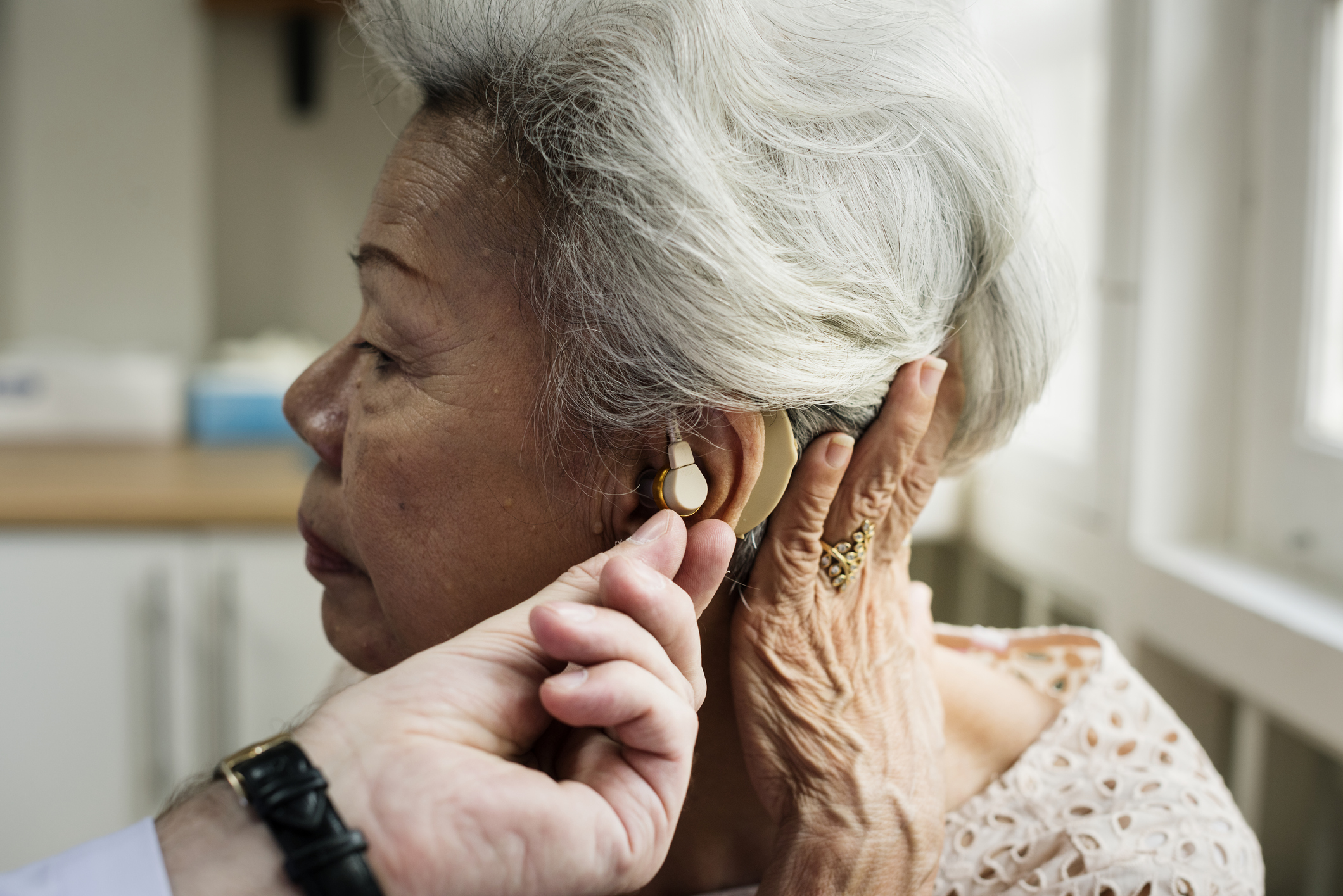
The loss of hearing gradually occurs as we grow older. It is one of the most common conditions affecting the elderly, and can significantly change the way we communicate with others. Seniors that deal with hearing loss might feel a sense of frustration. Our physical environment would therefore need to be adapted to help seniors overcome these new challenges. For example, your home can be designed to be more communication-friendly so that seniors can feel as relaxed and comfortable as possible. An open layout provides room for communication and expression. It enhances one’s ability to see gestures and facial expressions, lessening the burden faced by the hard of hearing.
The inclusion of wooden flooring, curtains, and cushions can help minimise echo and vibration, which are particularly important considerations for individuals who rely on hearing aids. Changing sound alerts, such as doorbells and emergency alarms, to include visual cues would also ensure that seniors can respond accordingly.
When thinking about how to make your home more elderly-friendly, it’s important to identify the issues that the elderly are facing, and adapt your home to address those issues. Ageing can be a frustrating process when your senses and cognitive abilities slow and you start to lose your independence. However, putting in the effort to ensure that the elderly in your home feel safe and comfortable can significantly improve the quality of life of everyone in your household!
Learn more about the many senior citizen benefits in Singapore and how to keep fit and healthy as a senior!
References
https://www.channelnewsasia.com/news/commentary/ageing-issues-ministry-singapore-policy-elderly-seniors-ageing-11782364
https://www.bca.gov.sg/myHomeeServices/HomeOwners_...
https://www.99.co/blog/singapore/elder-proof-hdb-flat/
https://www.seniorliving.org/safety/home/










